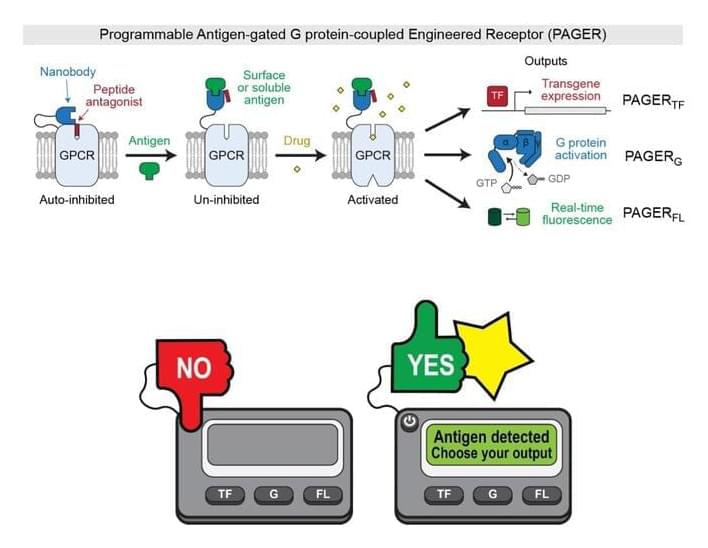A basic function of cells is that they act in response to their environments. It makes sense, then, that a goal of scientists is to control that process, making cells respond how they want to what they want.
One avenue for this ambition is cell receptors, which function like ignition slots on a cell, requiring keys—such as specific hormones, drugs, or antigens—to start up specific cellular activities. There are already synthetic receptors that give us some control over this sequence of events, most famously the chimeric antigen receptors used in CAR-T cell cancer therapy. But existing synthetic receptors are limited in the variety of keys they can accept and the activities they can trigger.
Now, detailed in a paper published in Nature, Stanford researchers have developed a new synthetic receptor that accommodates a broader range of inputs and produces a more diverse set of outputs.









Leave a reply